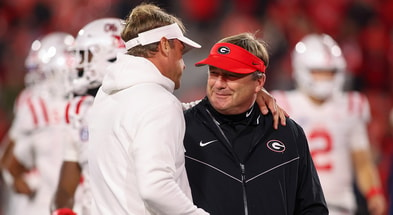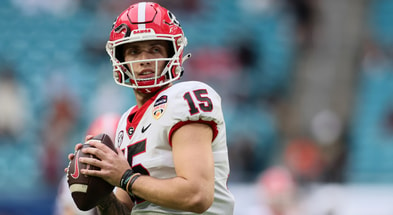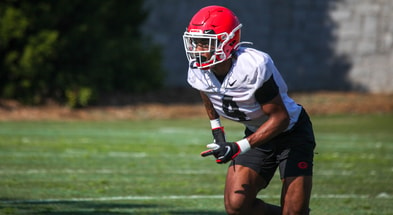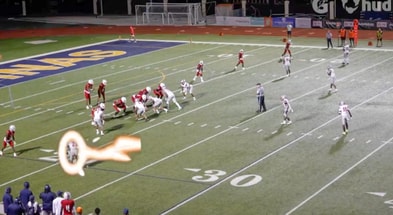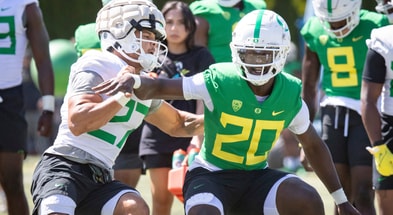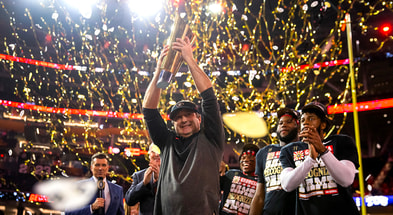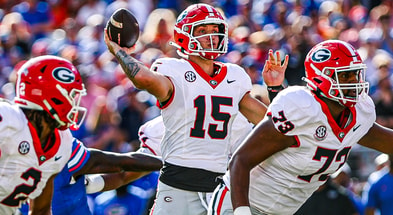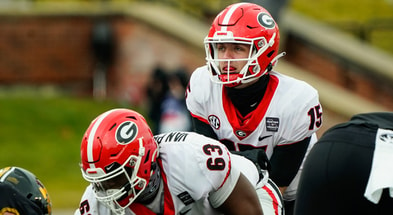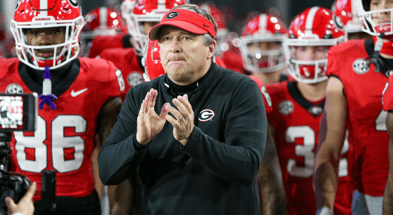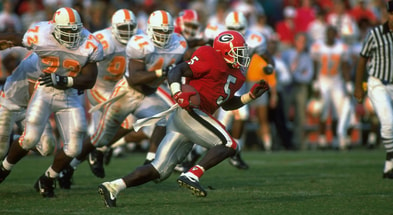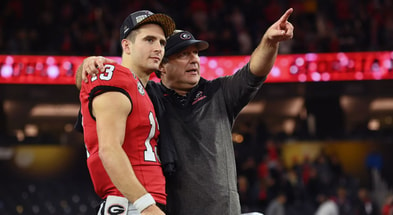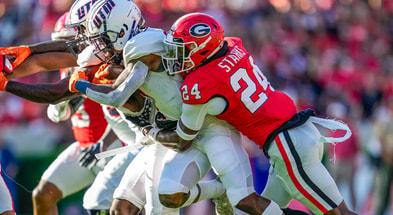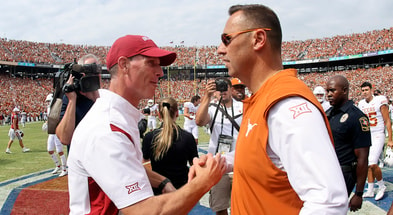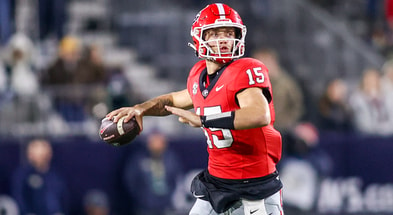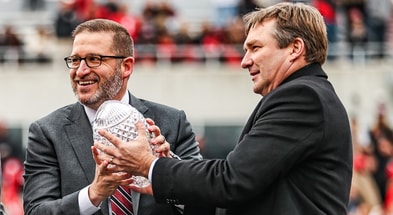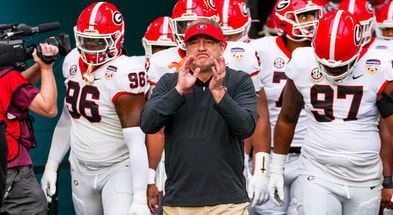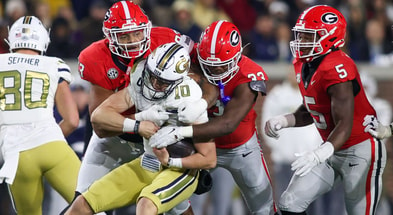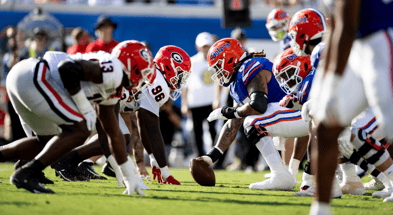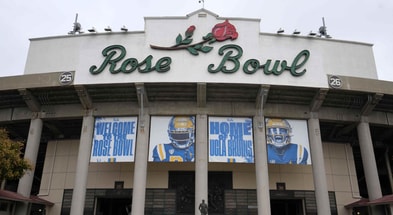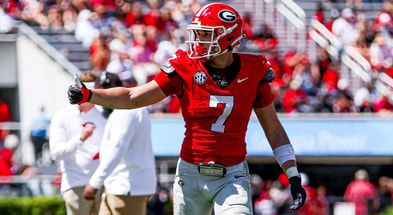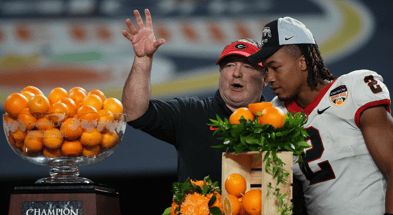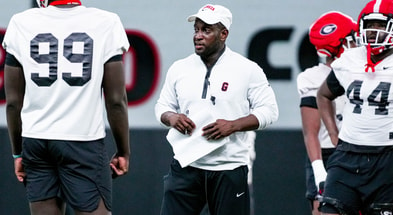Georgia officials share on NCAA settlement, expect discussion at SEC Spring Meetings
GREENSBORO, Ga. — The landscape of college athletics changed on Thursday as the NCAA and its power conferences announced approval to settle in three antitrust lawsuits – headlined by the House v. NCAA case. The settlement includes payments of more than $2.75 billion from NCAA and its schools to former Division I athletes and grounds for future revenue sharing between schools and the athletes directly.
With an estimated $20 million to distribution to athletes beginning as soon as next year, schools – should they opt in – are going to be forced to figure out the logistics of how exactly it is they want to split up the funds. It’s a big discussion with lots of factors, and Georgia officials expect it to dominate conversation at SEC Spring Meetings next week in Destin, Fla.
“Well, you saw the statement that was put out by the NCAA president and the commissioners of the power conferences. I really don’t have anything to add to that except that we’ll certainly be in discussions about all those issues next week at the SEC meetings,” University of Georgia president Jere Morehead said.
“I think there are a ton of issues we have to work through and that’s going to be something that get worked out over the next few months,” Director of Athletics Josh Brooks added. “A lot of topics and we’re going to try to take this and make the best of it. We know where we are at with this piece and now the details of what’s moving forward is what we are going to spend a lot of time working.”
Georgia believes it is in a good position as it pertains to its ability to pay out student-athletes, both now and in the future. The athletic association has kept a “rainy day fund” over the years for unexpected costs. Some of the money can’t be touched due to bond requirements, but on the whole, with an initiative to raise revenue, Brooks is confident the Bulldogs will be just fine.
“I feel good about the future of where we’re headed,” Brooks said. “Don’t forget, that money in reserves, the draw off of that helps our operating budget. In some degrees, it’s always raining, but we’re ready for it. Ready, like I said yesterday, to focus on growing revenues and being more efficient in the way we operate.”
“It’s just standard operating procedure, and like we said yesterday in the meeting, a lot of that was due to leveraging a new premium space and the excitement around that is where a lot of that drive came from,” Brooks added, speaking on the athletic associations fund raising and push for more. “The bottom line is Ford [Williams] and his staff do a phenomenal job of stewarding donors to where they’re wanting to renew being in it. So as those five-year cycles in McGill come up, people renew them because they’re having a great experience. It wasn’t born out of that (paying players). It was born out of our normal operating procedure.”
NCAA Statement from Charlie Baker (5/23/24)
“The five autonomy conferences and the NCAA agreeing to settlement terms is an important step in the continuing reform of college sports that will provide benefits to student-athletes and provide clarity in college athletics across all divisions for years to come. This settlement is also a road map for college sports leaders and Congress to ensure this uniquely American institution can continue to provide unmatched opportunity for millions of students. All of Division I made today’s progress possible, and we all have work to do to implement the terms of the agreement as the legal process continues. We look forward to working with our various student-athlete leadership groups to write the next chapter of college sports.”
